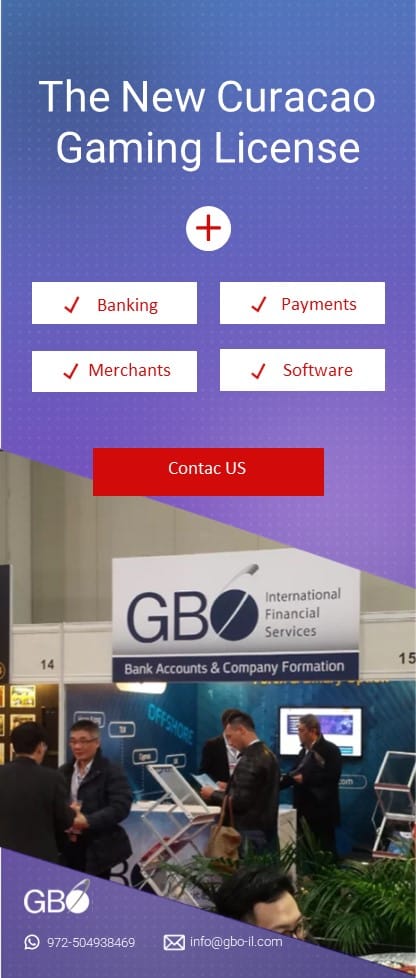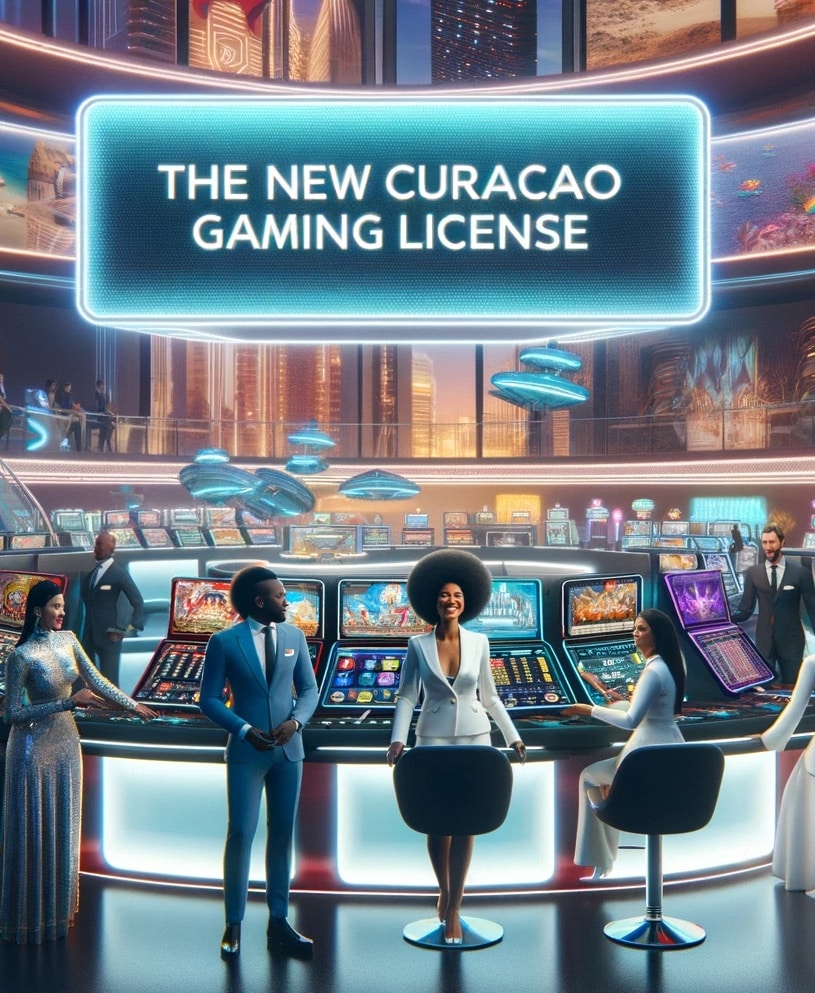GBO is offering turn-key solutions in the gaming sector
Our comprehensive packages include company formation, licensing assistance, policy development, and a range of banking options, providing a ready-made framework for starting and operating a legal gaming business.
We can help you obtain your Gaming License in Anjouan, Curacao, Malta and more
in**@gb****.com
What is the unique service we offer?
GBO offers a unique service that enables you to obtain a comprehensive license for your Anjouan online casino, covering various e-gaming activities such as sports betting, roulette, poker, blackjack, baccarat, bingo, and lottery.
Our expert team will guide you through the entire process of establishing the required company structure for license registration, ensuring a smooth and hassle-free experience. Additionally, we provide valuable support in setting up essential payment processing merchant accounts with reputable European Electronic Money Institution (EMI) service providers. This ensures seamless handling of your customers’ deposits and withdrawals, enhancing the overall efficiency of your online casino operations.
Trusted by clients around the world
GBO is a market-leading Anjouan Gaming license services provider
Gaming industry landscape
In the ever-changing gaming industry landscape, the importance of gaming regulators has increased. These regulators play a crucial role in preserving the integrity of the industry, protecting consumers, and ensuring a fair and responsible gambling environment. While the specific requirements may vary from jurisdiction to jurisdiction, there are a number of factors that consistently emerge as essential for an efficient gaming regulator.
From licensing and regulation to responsible gambling measures and technological advancements, this article explores the essential elements that comprise the basis of a robust regulatory framework. By understanding and prioritizing these factors, regulators can navigate the complexities of the gaming industry while maintaining the highest levels of consumer protection and industry integrity.
The Key Factors for an Effective Gaming Regulator: Ensuring Integrity and Consumer Protection
- Licensing and Regulation: Maintaining the integrity of the gaming industry requires a rigorous licensing procedure. The UK Gambling Commission, for instance, has issued over 2,300 operating licenses, ensuring that operators meet stringent requirements. Gross Gambling Yield (GGY) for the online gambling market in the United Kingdom was £5.9 billion in 2020, highlighting the economic significance of licensing and regulation.
- Compliance and Enforcement: Monitoring and enforcement are essential to the success of compliance mechanisms. Approximately 10,000 inspections are conducted annually by the Nevada Gaming Control Board, which is known for its stringent enforcement measures. In 2020, operators who violated gaming regulations were fined over $41 million, demonstrating the effectiveness of the board’s enforcement efforts.
- Consumer Protection: Globally, consumer protection is a regulatory priority. The Malta Gaming Authority (MGA) mandates that operators provide dispute resolution mechanisms, resulting in the resolution of over 2,000 player complaints by 2020. Additionally, regulators collaborate with organizations such as eCOGRA and IBAS to ensure fair gaming practices and player safety.
- Implementation of Responsible Gambling Measures The importance of implementing responsible gambling measures has increased. In Sweden, registrations for Spelpaus, a national self-exclusion register, increased significantly from 36,000 in 2019 to 50,000 in 2020. Regulators, such as the New Jersey Division of Gaming Enforcement, mandate that operators provide responsible gambling resources, resulting in over 14,000 requests for self-exclusion by 2020.
- Technological Advancements: To ensure a fair and secure gaming environment, regulators must keep up with technological developments. The use of blockchain in the gambling industry is gaining traction as it enhances security and transparency. The Isle of Man Gambling Supervision Commission is investigating blockchain technology in an effort to enhance player protection and facilitate instant payments.
- Collaboration and Information Sharing It is essential for regulators and industry stakeholders to collaborate and share information. For instance, the International Association of Gaming Regulators (IAGR) encourages cooperation through conferences and the exchange of information. The collaboration resulted in the creation of a global database for sharing money laundering typologies, assisting regulators in identifying and combating illegal activities.
- Financial Integrity: Regulators are concerned with preserving the financial integrity of the industry. Australian Transaction Reports and Analysis Centre (AUSTRAC) and gambling regulators work together to combat money laundering in Australia. AUSTRAC conducted 255 compliance assessments and imposed significant penalties on non-compliant operators in 2020.
- Transparency and Accountability: Through public reporting, regulators promote transparency and accountability. The UK Gambling Commission publishes quarterly and annual reports detailing the performance of the industry, license holder data, and enforcement actions. This transparency fosters confidence and enables stakeholders to evaluate the effectiveness of the regulator.
- Continuous Evaluation and Adaptability: Regular evaluation and adaptation of regulations are essential for addressing new threats. The Malta Gaming Authority regularly evaluates its regulatory framework, resulting in the introduction of the Sandbox Framework in 2019 to facilitate innovation while maintaining regulatory standards.
- International Cooperation: Regulators collaborate to combat transnational issues. The Gaming Regulators European Forum (GREF) facilitates cooperation between European regulators, thereby improving regulatory efficiency and uniformity. This collaboration helps address issues such as money laundering, match-fixing, and the illegal operation of cross-border gambling sites.
- Gaming regulators can establish effective regulatory frameworks that promote responsible gambling, protect consumers, and preserve the integrity of the gaming industry by considering these factors and leveraging data and insights.










